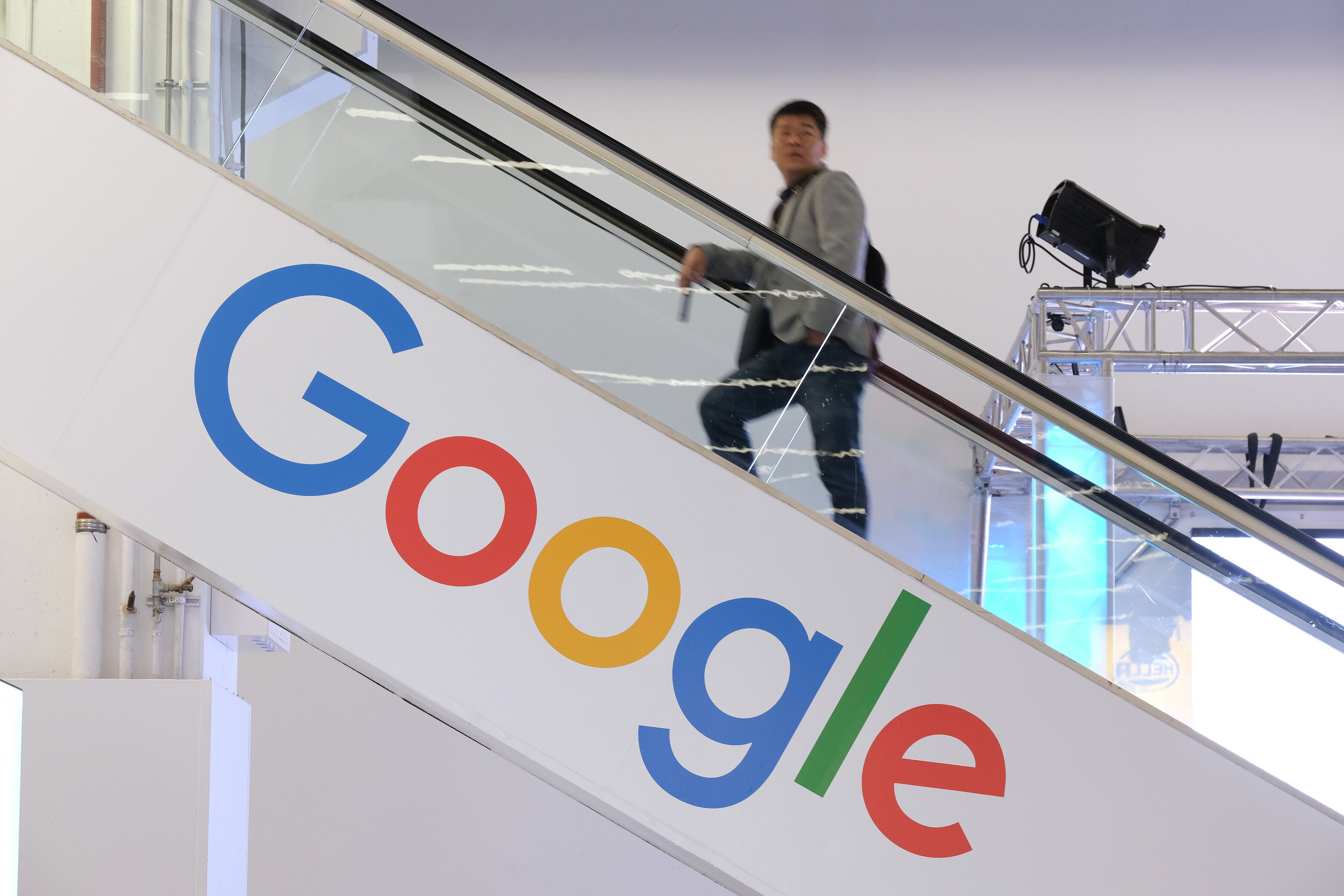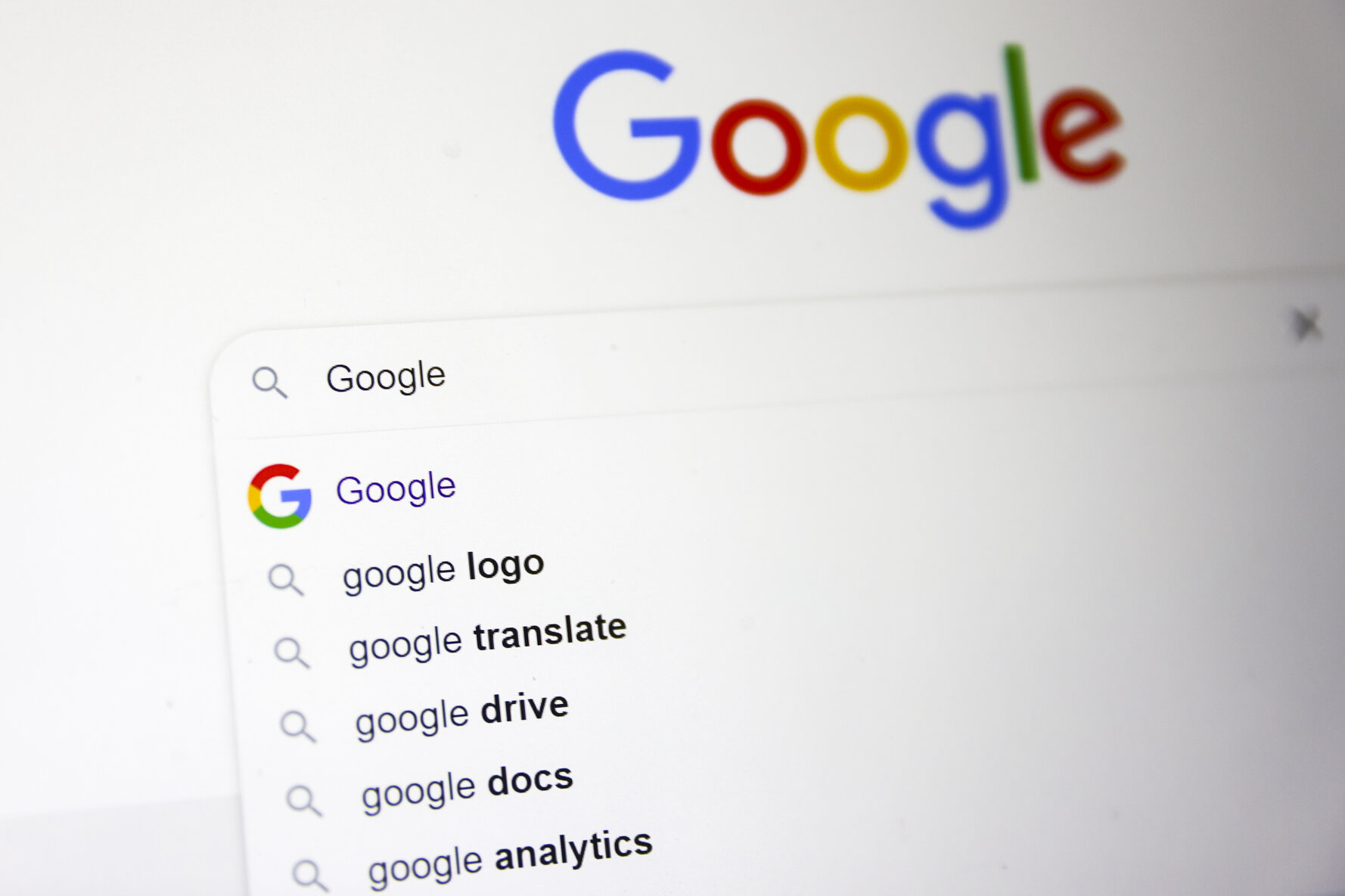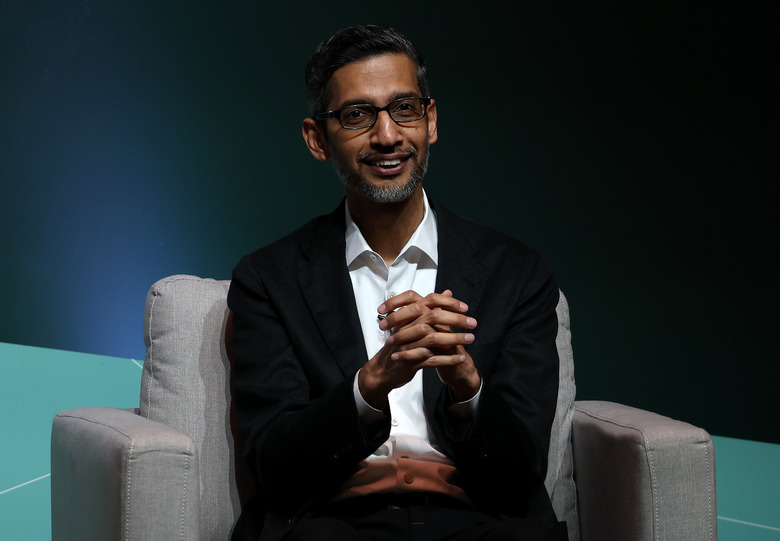Google Is Wading Into EU Politics, When It Ought To Focus On Fixing Its Decaying Search Engine
One of the best things I read on the internet this week was Edward Zitron's deep dive into the decline of Google Search, offering not only a devastating portrait of a late-stage, overstaffed tech leviathan coasting on its past laurels — but also some insight into the fantastically mediocre manager who's been largely responsible for running Search into the ground.
I dare say that no one in the world of online publishing needs any of this spelled out; for the rest of you, suffice it to say that Google stopped being a useful repository of the world's information a long time ago (to the point that it actually sucks big-time now). Zitron's long but important piece, titled The Man Who Killed Google Search, painstakingly details how the search giant accepted a tradeoff a few years ago that involved prioritizing monetization at the expense of usefulness and a clean user experience.
Presumably, that's something you yourself have seen firsthand, over and over again.

Whenever you use Google to search for something today, you've now got to give your thumb quite a workout scrolling past all the crap that Google shows you instead of what you actually want — like incessant ads, Reddit discussion threads, Reddit links directly in Search, Quora discussion forums, and People Also Ask snippets, to cite just a few examples. I bring all that up, because none of this is a secret or should even come off as particularly revelatory.
What is new, or at least new-ish, is an election misinformation campaign that's getting under way in the E.U. Google is undertaking a so-called "prebunking" campaign in advance of the E.U.'s parliamentary elections in June, part of a larger effort that includes launching a Google Trends Elections Hub for the European Parliamentary Elections, with EU-wide Search Trends as well as country-level data for Germany, France, Poland and Spain.
Google's prebunking campaign, the company explains in a blog post, "will focus on techniques used to advance disinformation including decontextualization, scapegoating and discrediting through short video ads on social in France, Germany, Italy, Belgium and Poland. The videos will also be translated and available in all EU languages along with Arabic, Russian and Turkish."
I'm not really sure what to make of this, other than to laugh hysterically.
Clearly, this monopolistic vampire squid of a company that's turning the open web into an AI-filled hellscape of garbage can identify a priority and surface the appropriate content relative to that priority when it wants to. I, for one, don't expect we'll see a lot of "People Also Ask" and Reddit and Quora manure littering this particular election messaging campaign. And I suspect that's because, among other things, Google Search boss Prabhakar Raghavan is too busy ruining Search to spend time making sure European voters don't cast a ballot for a disfavored politician.

Speaking of Raghavan, just to show you what kind of a pinhead is running Google Search these days, here's part of his remarks from a recent address to Google's knowledge and information organization (h/t CNBC): "If there's a clear and present market reality, we need to twitch faster, like the athletes twitch faster," he said.
What in the hell does that word salad even mean?
I guess that's the kind of managerial mumbo-speak you should expect from a guy who, before Google, was the head of search at Yahoo from 2005 through 2012, a period that saw the search business there effectively crater to almost nothing.
"This is the result of taking technology out of the hands of real builders and handing it to managers at a time when 'management' is synonymous with 'staying as far away from actual work as possible,'" Zitron argues in his post, referring to the inexorable decline of Google Search. "And when you're a do-nothing looking to profit as much as possible, you only care about growth. You're not a user, you're a parasite, and it's these parasites that have dominated and are draining the tech industry of its value."
But, sure, Google is the perfect company to help people make sense of what's what in an election campaign. Just don't expect them to make it easy when you use Google to search for literally anything else.
